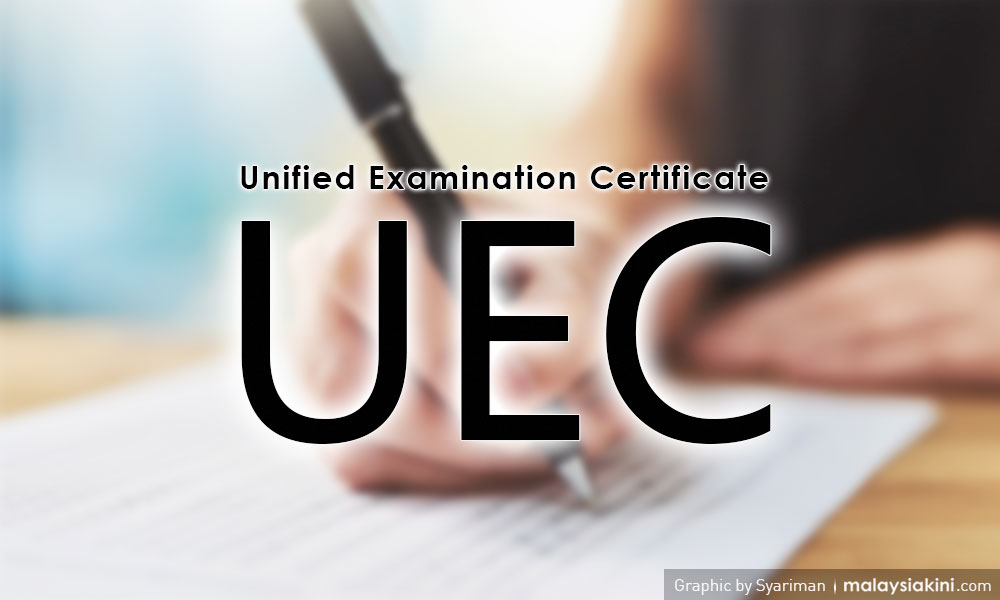
In this last week, we saw two very different ways of approaching controversial issues connected to race and religion.
First was the Himpunan Kebangkitan Ummah (Rise of the Ummah) really, which certainly stood out much louder and clearer, being an impassioned gathering of a thousand or so people in Kuala Lumpur.
The second was much more under the radar. It was a barely covered press statement by Muslim NGO Ikram, concerning the Unified Examination Certificate (UEC).
The press statement was done in FAQ style, and was produced after Ikram accepted an invitation to a roundtable discussion organised by the United Chinese School Committees' Association (Dong Zong).
At Himpunan Kebangkitan Ummah, we saw the chest-thumping and fearmongering we have all come to expect from any rally that prominently features politicians from Umno and the right wing of PAS.
We also saw the age-old Umno yarn of how Malays and Muslims were under attack, their culture and religion being eroded on their own home soil, and so on and so forth.
These individuals and groups have every right to gather and express their views as they did.
As an aside, it was passing odd that the deputy inspector-general of police singled them out, out of all the peaceful assemblies that have happened since GE14, as exemplary. This seems rather suspect and partisan behaviour, that should be watched carefully.
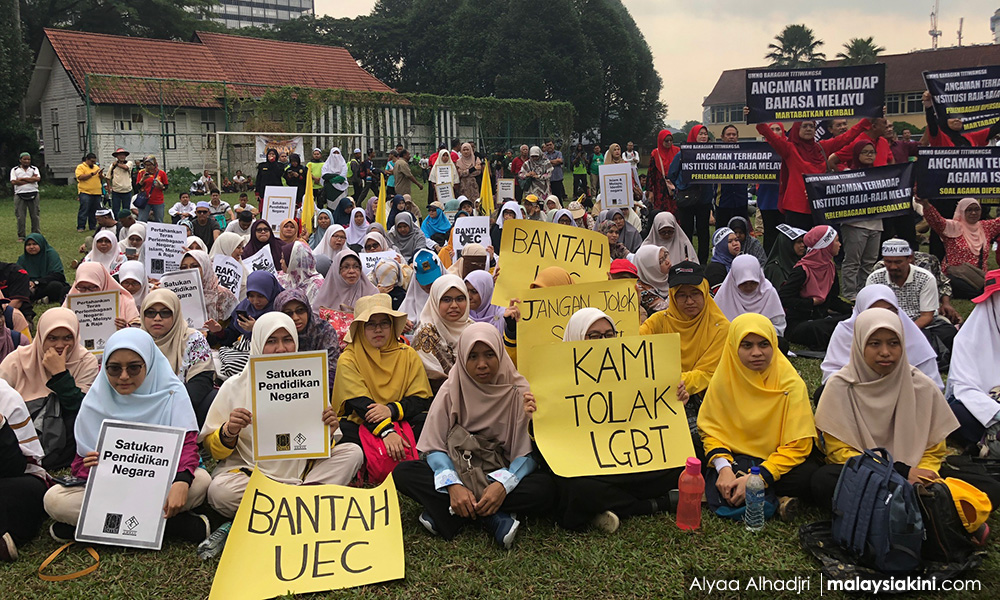
As many have commented, there was nothing new to see at the gathering – it was clearly a callback to the old Malaysia.
A different approach
Amid the sound and fury, however, we saw a completely different approach to resolving conflict – one I would go so far as to say is one of the best embodiments of the spirit of our new Malaysia I’ve seen so far.
Recognition of the UEC has been a hot button issue. In typical Malaysian fashion – though in this we are not unique in the world – debate has consisted in large part of people shouting past one another, based on assumptions and prejudice, rather than any measured study or consideration of the facts at hand.
In this, the debate surrounding UEC is very similar to the debate surrounding Islamic preacher Zakir Naik.
Amidst all the shouting, the degree to which Ikram’s approach has been a refreshing – almost revolutionary – change simply cannot be understated.
In detail, Ikram begins by recounting actual facts and figures, admirably displaying the effort they really put into actually understanding the issue.
Out of the 20 points in Ikram’s press statement, about seven seek simply to separate fact from fiction, and obtain a true, accurate picture of exactly what the UEC is and isn’t. Indeed, I myself learned things I did not know about the UEC from the statement.
Points 8 and 9 discuss common objections to recognising the UEC, while points 10 through 12 clarify the position taken by the two major political coalitions.
The spirit of a new Malaysia
Point 14 onwards is where it gets interesting, as Ikram navigates the difficult waters of taking a position on this matter.
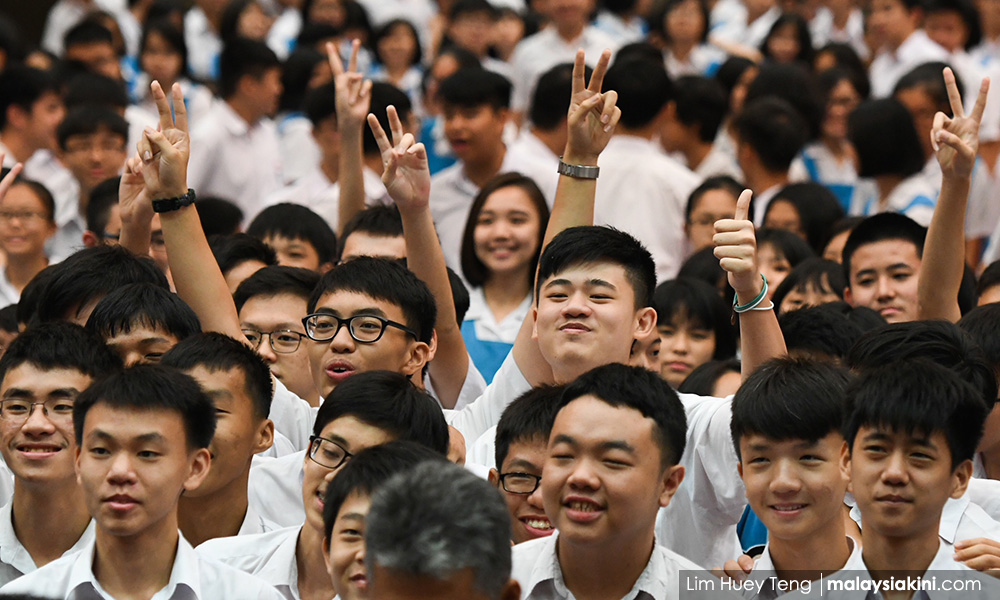
Ikram begins by laying out its rationale, arguing that while a unified education system theoretically helps national unity, current realities make it difficult to implement in Malaysia.
The most interesting point that Ikram makes is that by not recognising the UEC, we are further dividing the nation, instead of bringing it closer together.
The reasoning is that not recognising the UEC excludes Chinese private school students from local universities and government sector jobs.
This, in turn, compounds the original problem wherein such students have extremely limited exposure to Malaysians from different backgrounds as themselves.
Ikram argues that recognising the UEC provides more opportunities for students from Chinese private schools to integrate into mainstream Malaysian society.
I have neither the space nor the qualification to debate the best approach to the UEC or multi-stream education in Malaysia in this article, but I really do believe that what Ikram is trying to do here really deserves notice.
We have a strong, active grassroots Muslim organisation that is bucking the trend and refusing to jump on the bandwagon of organisations that others may have easily put Ikram in the same box with, simply because of the label ‘Muslim’.
In doing so, they are consciously avoiding prejudice in favour of doing actual research, and taking the time to anchor their positions in a considered value system, and in pursuit of the carefully defined, noble goal of national unity.
Their spirit of openness sand fairness is also reflected in a recent forum organised by Ikram, featuring a very balanced panel with one representative each from Umno, PAS, Amanah and DAP.
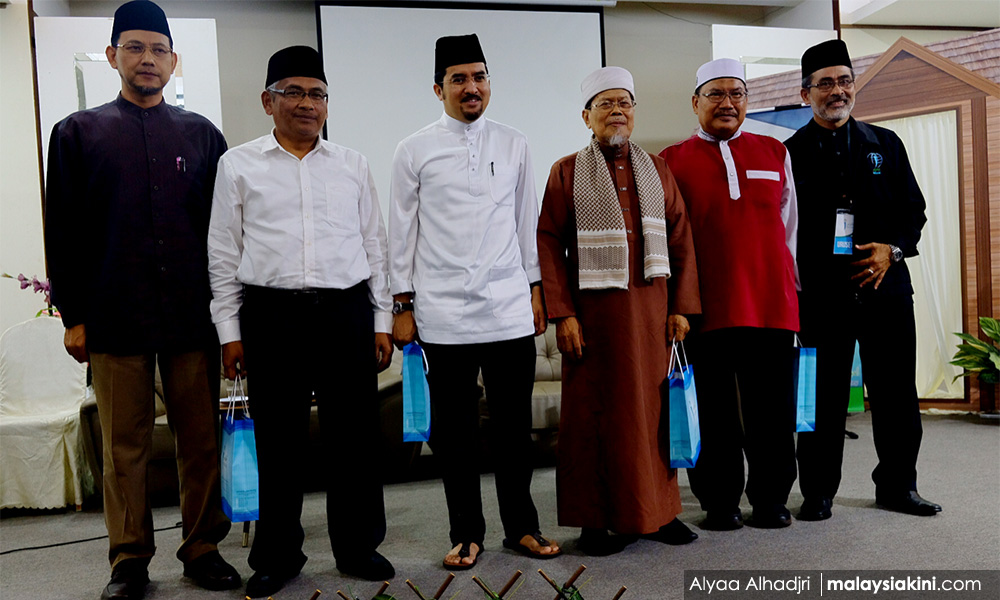
My reading of the press statement is that this is a group of people who actually care about Malaysia, and whose commitment to actual unity is not mere rhetoric, but stems from genuine patriotism and love for all humanity.
Selfish exploitation by politicians
There couldn’t be a greater contrast with many of the speakers at Saturday’s gathering.
Statespersons shape their rhetoric based on what the nation needs. Politicians shape their rhetoric based on what they need.
Umno has suffered its worst beating in history, while PAS has been completely wiped out in Parliament, except for in Kedah, Kelantan and Terengganu.
Wise statespersons would take this as an obvious need for self-introspection, and a reconsideration of ways of old. Foolhardy politicians wade deeper into their ignorance, and flail about with their behaviour unchanged.
It feels like these elements within PAS and Umno see the only way to salvage their dying political careers is to double down and further inflame racial and religious sentiment.
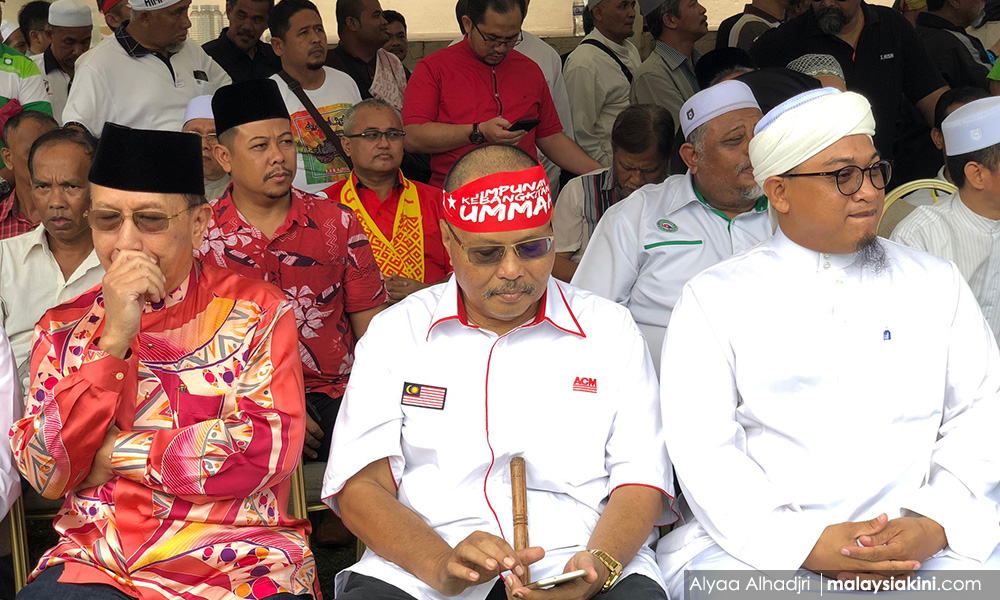
Organisations like Ikram have a solid reputation for doing real work on the ground, in actual daily contact with the people, working for their welfare.
In this aspect, I feel much more inclined to trust their instincts, then to trust those whose vested interests colour every position they take.
If you feel that no one will need you unless they feel their race and religion are under threat, then it’s all too obvious that you’ll start working 24/7 to ensure that people feel threatened 24/7.
This has been the tragedy of Malaysian politics for decades.
Move forwards, not backwards
It would be patently inaccurate to suggest that it is only Malays or Muslims who buy into this model of politics.
The Zakir controversy, and the manner in which some politicians have made very loud exhortations for the UEC to be recognised, are both examples of the same brand of politics being used by different groups.
In all these cases, the common theme is that you have politicians trying to make themselves the ‘champion’ of their race or religion, which they paint as being under threat somehow, even when it isn’t.
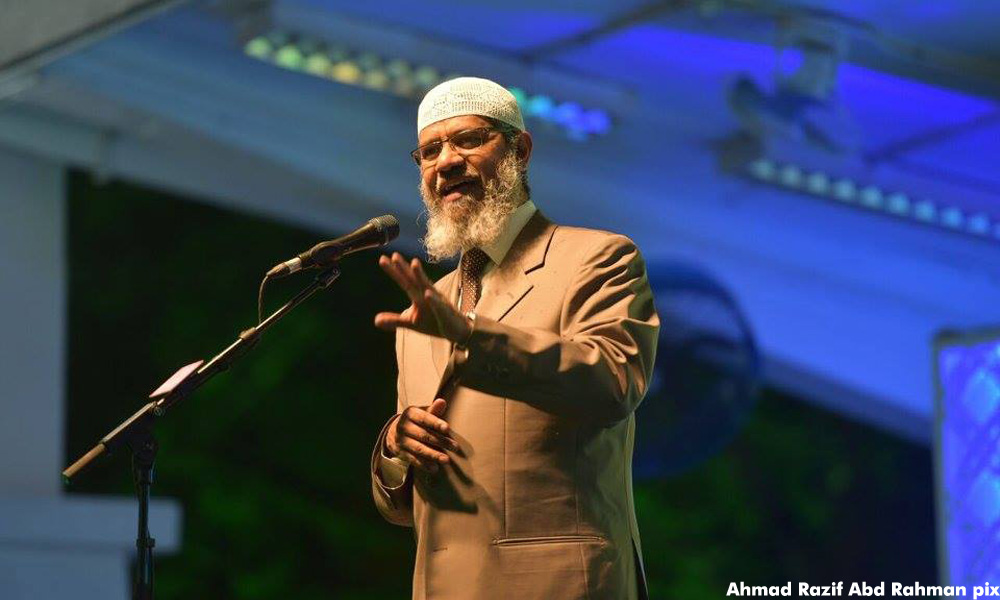
They have this odious belief that if I shout loudly and confrontationally enough about issues (often made up or blown far out of proportion), my home base is going to treat me as a hero.
One such individual appears to have been pressured to retract his attack, while two feuding individuals in the Zakir case appear to be being brought to mediation, so the new government has at least that to its credit in these regards.
Ultimately, chest-thumping and fearmongering will bring us backwards, while the Ikram model and spirit will move us forward.
Hopefully it will inspire us all, at the personal level even, not to form our opinions based on soundbites or headlines, but to actually look into each and every issue with an open heart and an open mind.
NATHANIEL TAN may attempt a full translation of the Ikram press statement. If this has already been done, please feel free to let him know at nat@renyi.net. - Mkini
No comments:
Post a Comment
Note: Only a member of this blog may post a comment.